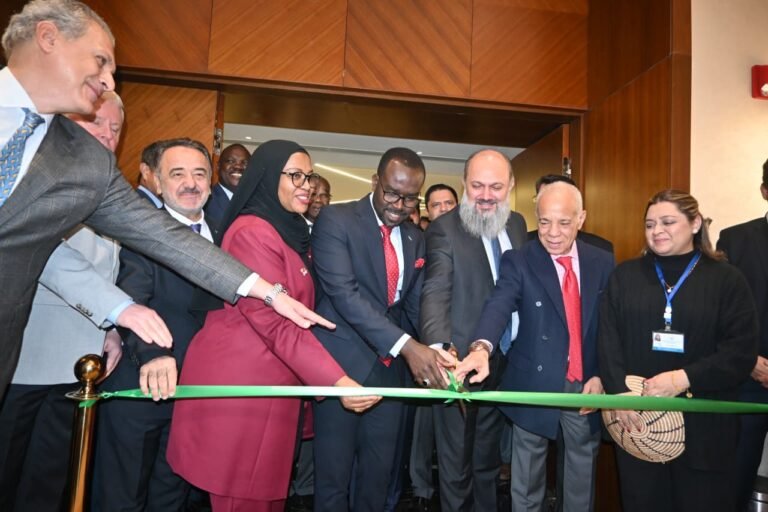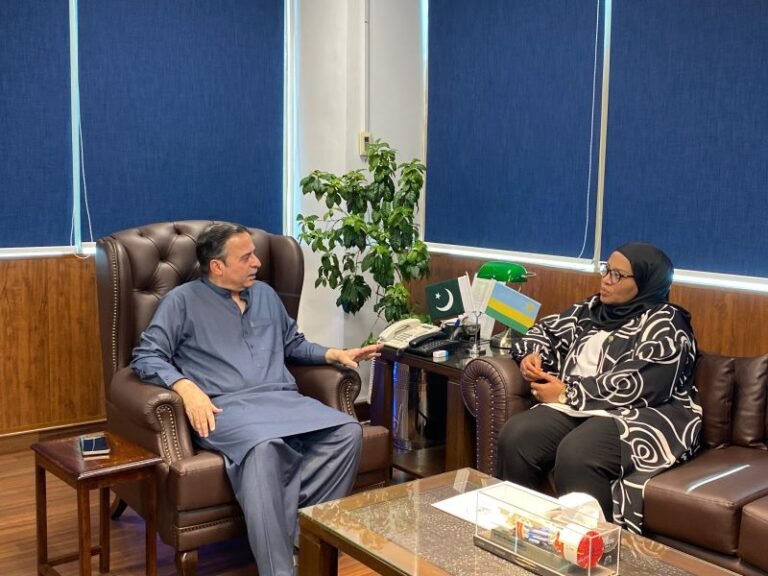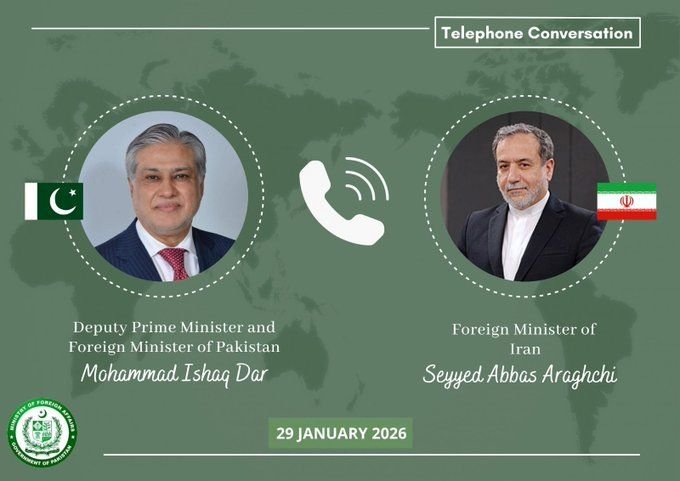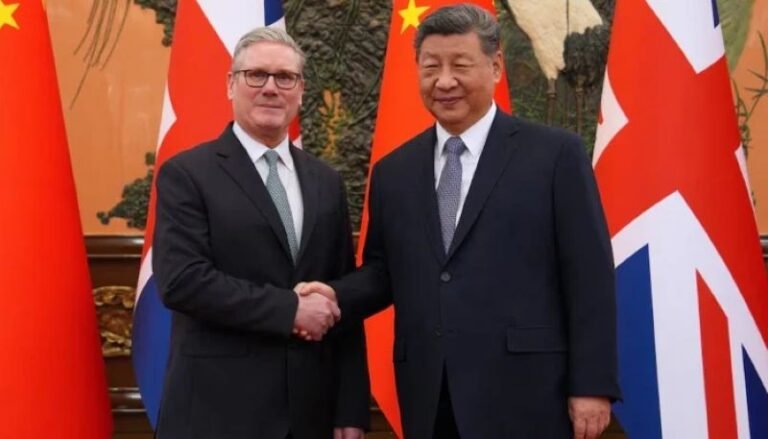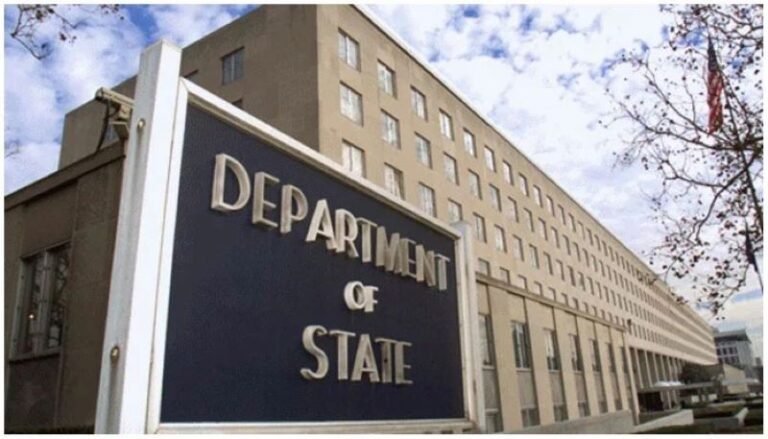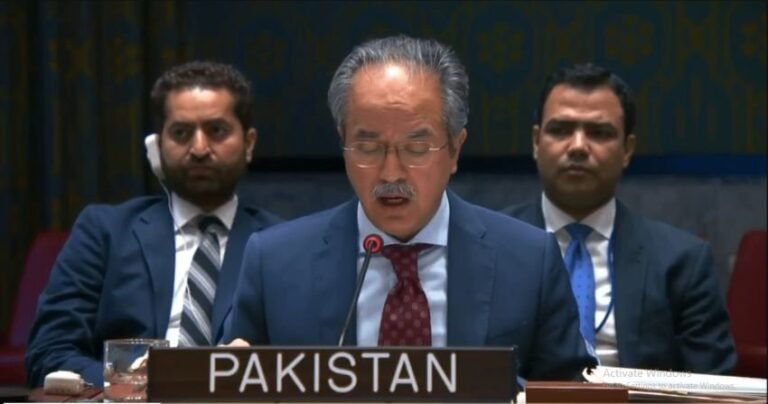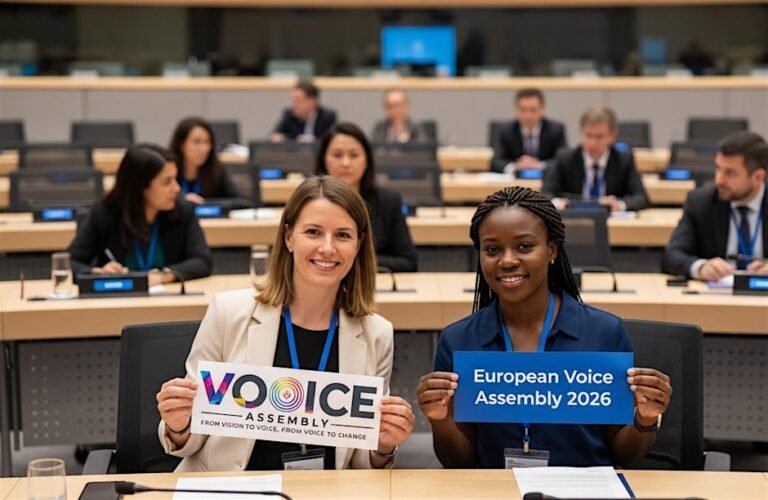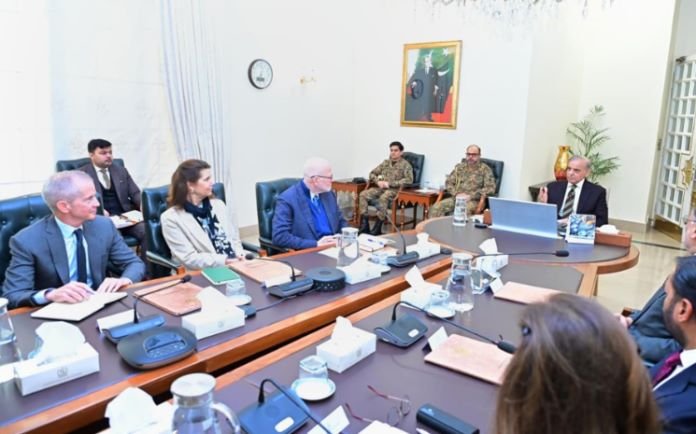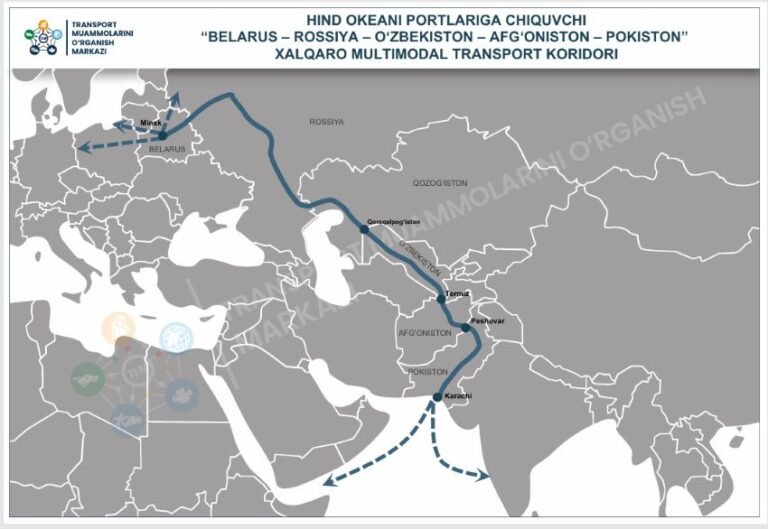Washington (TDI): Bilawal Bhutto-Zardari, Pakistan’s former foreign minister and current PPP chairman, has suggested that collaboration between Pakistan’s Inter-Services Intelligence (ISI) and India’s Research and Analysis Wing (RAW) could be pivotal in curbing terrorism across the region.
Speaking during a press briefing at the United Nations headquarters, Bhutto-Zardari said, “If both intelligence agencies were to come together with a genuine commitment to address the threat of terrorism, we would likely see a sharp decline in such incidents in both countries.”
Leading a senior-level delegation to highlight Islamabad’s concerns over India’s unilateral aggression, the former minister also stressed the importance of sustained international engagement in South Asia.
He warned that tensions between the two nuclear-armed neighbors remain dangerously high, even after a recent ceasefire agreement.
Bilawal credited the United States, particularly former President Donald Trump and Secretary of State Marco Rubio, for their role in facilitating the ceasefire. “That breakthrough was a critical first step, but far from a comprehensive solution,” he remarked.
Read More: Pakistan Slams Indian Leadership’s Remarks
He underscored that meaningful peace can only be achieved through diplomacy and dialogue. Reiterating Pakistan’s willingness to cooperate, he said Islamabad remains open to discussions with New Delhi, especially regarding counterterrorism efforts.
“We cannot allow the fate of nearly two billion people to be at the mercy of extremists,” he said. “It’s imperative that both sides work to de-escalate and resolve disputes through institutional mechanisms.”
Criticizing New Delhi’s posture, Bilawal said it was dangerous for any country to use the threat of war as a response to acts of terrorism, especially without bilateral systems in place to investigate such incidents.
He proposed establishing a neutral platform where both nations can register complaints, conduct joint inquiries into terror incidents, and ensure mutual accountability.
Bilawal also raised concerns about India’s reported threats regarding water resources, warning that tampering with the Indus Waters Treaty could be interpreted as an act of war. “Threatening to cut off water to 200 million people isn’t just provocative—it violates the UN Charter,” he said.
Read More: Pakistan Urges India to Curb Anti-Muslim Hate
Drawing parallels with the Middle East, he accused India’s leadership of adopting aggressive tactics similar to those used by the Israeli government. “Modi’s approach in Kashmir mirrors the worst of what we’ve seen elsewhere. He wants to replicate that across the region.”
The Pakistani delegation, during their UN visit, also held meetings with UN Secretary-General António Guterres and Guyana’s Ambassador Carolyn Rodrigues-Birkett, who currently presides over the Security Council.
Farkhund Yousafzai is an Associate Editor at The Diplomatic Insight.
- Farkhund Yousafzai
- Farkhund Yousafzai
- Farkhund Yousafzai
- Farkhund Yousafzai



